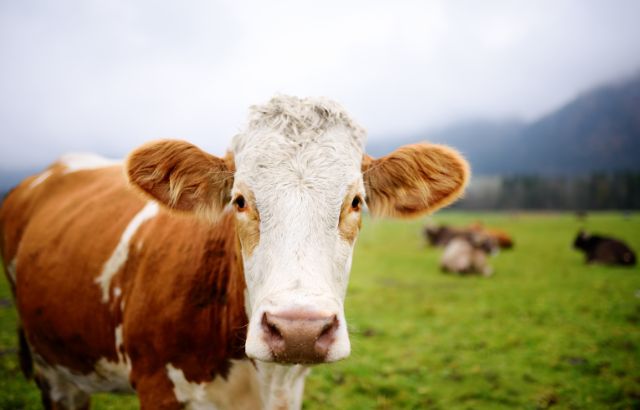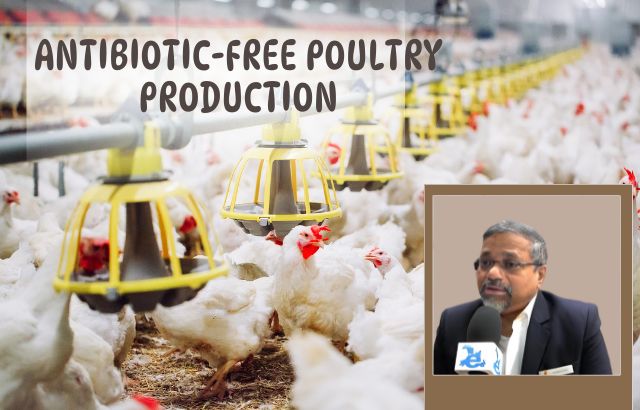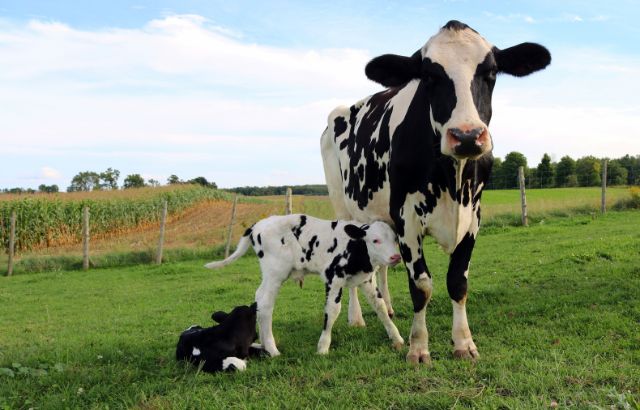The health and well-being of calves are paramount in the realm of livestock management, and a key component of ensuring their robust immunity lies in strategic colostrum feeding. In this blog post, we will explore the critical aspects of calf immunity, from the initial antibody response to pathogens to immune-boosting strategies and disease prevention measures.
-
Colostrum Feeding for Calf Immunity:
Colostrum, the first milk produced by a cow after giving birth, is a powerhouse of essential nutrients and antibodies. When calves receive colostrum shortly after birth, they gain passive immunity that provides crucial protection during the early stages of life. The antibodies present in colostrum play a pivotal role in bolstering the calf’s immune system, offering defense against a variety of pathogens.
-
Calf Antibody Response to Pathogens:
Understanding how calves respond to pathogens is key to implementing effective immune-boosting strategies. Calves rely on the antibodies obtained from colostrum to combat infections. A well-managed colostrum feeding program ensures that calves receive an adequate supply of antibodies, enabling them to mount a robust defense against a spectrum of diseases.
-
Immune-Boosting Strategies for Young Calves:
Beyond colostrum feeding, implementing immune-boosting strategies is crucial for calf health. This includes providing a nutritionally balanced diet, proper housing, and minimizing stressors. Additionally, vaccination programs tailored to the specific needs of the herd can significantly enhance the calf’s ability to fend off diseases.
-
Calf Health and Disease Management:
Regular health monitoring and prompt intervention in case of illness are vital for effective disease management. By closely observing calf behavior, addressing any signs of distress promptly, and collaborating with a veterinarian, farmers can maintain optimal calf health and minimize the impact of diseases on the herd.
-
Colostral Immunity Duration:
Understanding the duration of colostral immunity is essential for designing effective vaccination schedules. While colostral immunity provides initial protection, its duration is finite. Timely vaccinations help bridge the gap, ensuring continued immune support as the calf’s own immune system matures.
-
Calf Immune System Resilience Assessment:
Assessing the resilience of the calf’s immune system involves regular health checks, monitoring growth rates, and evaluating the effectiveness of immune-boosting interventions. A resilient immune system contributes not only to individual calf health but also to the overall productivity and sustainability of the herd.
-
Calf Vaccination Effectiveness Evaluation:
Vaccination is a cornerstone of disease prevention in calves. Regularly evaluating the effectiveness of vaccination programs ensures that the herd is adequately protected against prevalent pathogens. Working with a veterinarian to adjust vaccination protocols based on evolving disease risks is key to maintaining a proactive approach.
-
Colostrum Management for Disease Prevention:
Strategic colostrum management involves ensuring that calves receive an adequate quantity of high-quality colostrum promptly after birth. Proper storage and handling of colostrum, as well as regular testing for colostral antibody levels, contribute to disease prevention and the overall health of the calf population.
-
Calf Immune System Maturation Assessment:
As calves grow, their immune systems mature. Regular assessments, including blood tests and health evaluations, help gauge the maturation of the immune system. This information is invaluable for adjusting management practices and ensuring that calves continue to receive optimal care.
Conclusion:
Nurturing calf immunity is a multifaceted endeavor that begins with strategic colostrum feeding and extends throughout the animal’s life. By understanding the calf’s antibody response, implementing immune-boosting strategies, and actively managing colostrum and vaccination programs, farmers can foster resilient immune systems that contribute to the long-term health and productivity of their herds.












